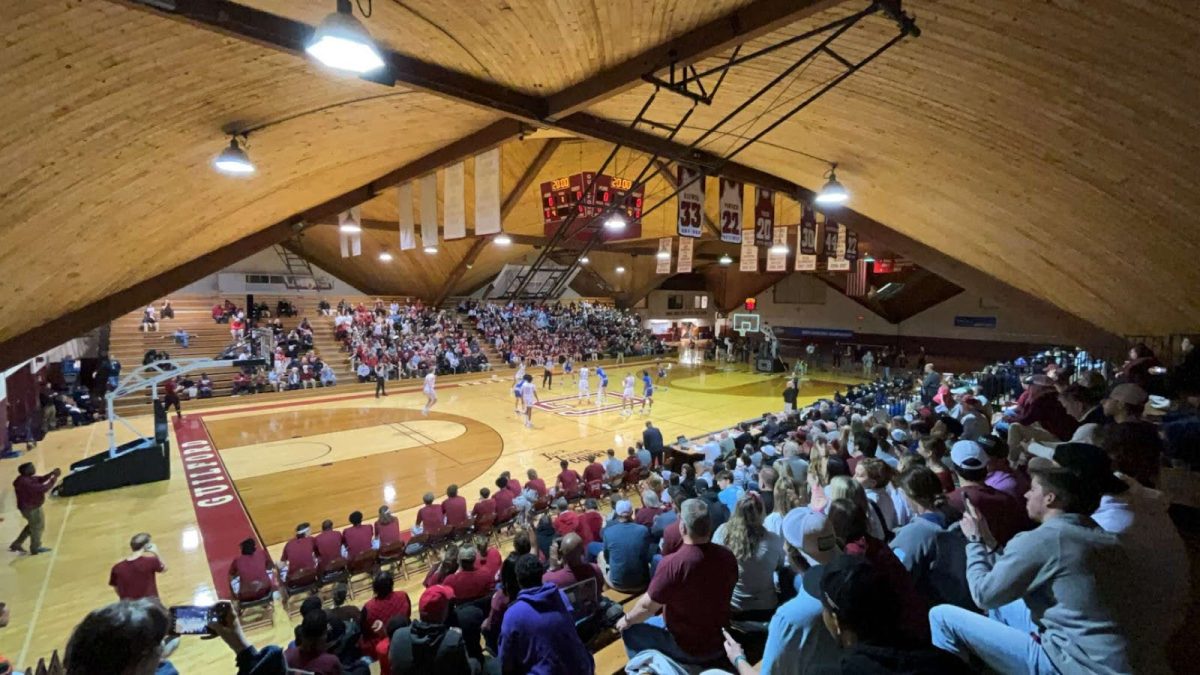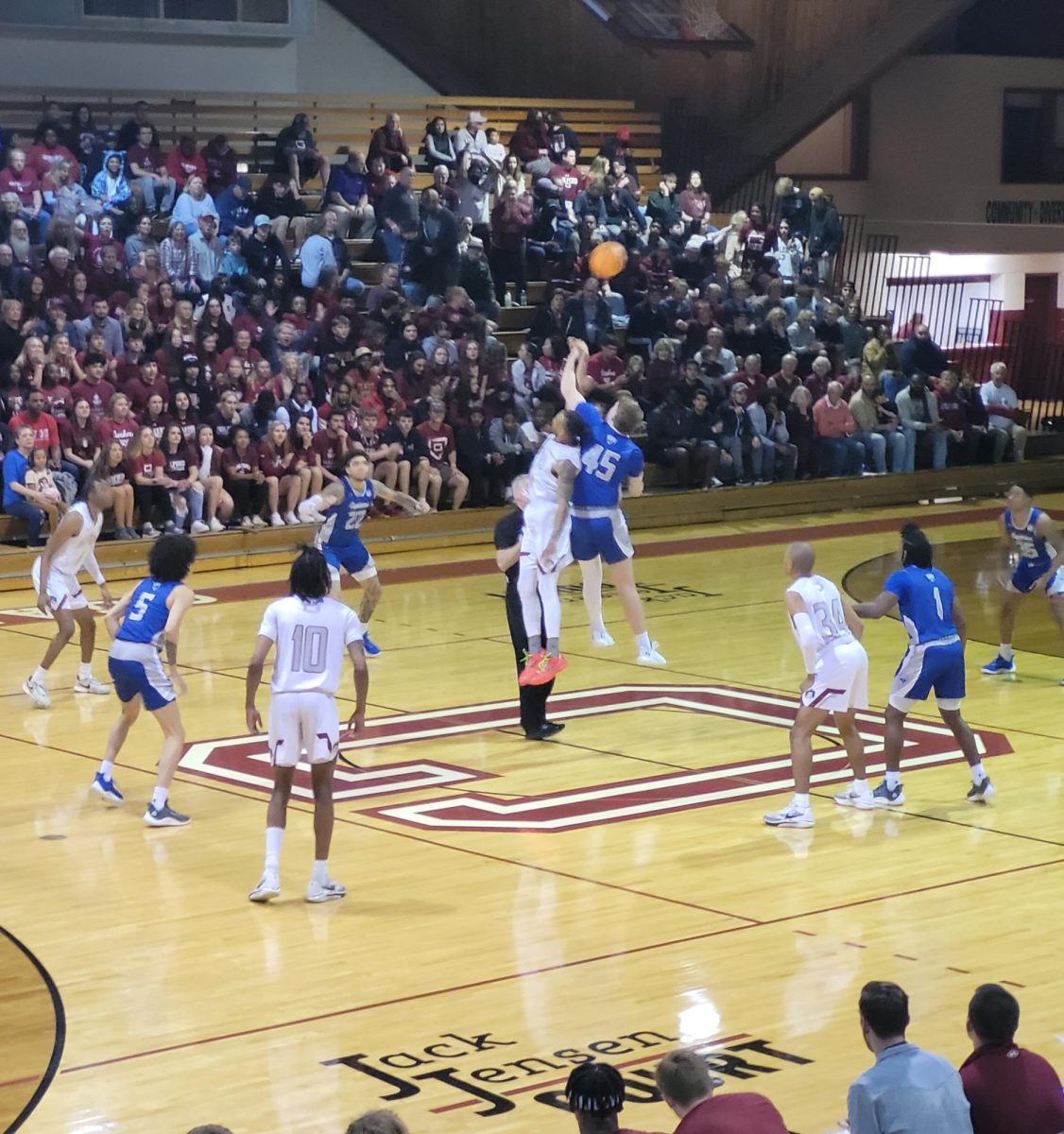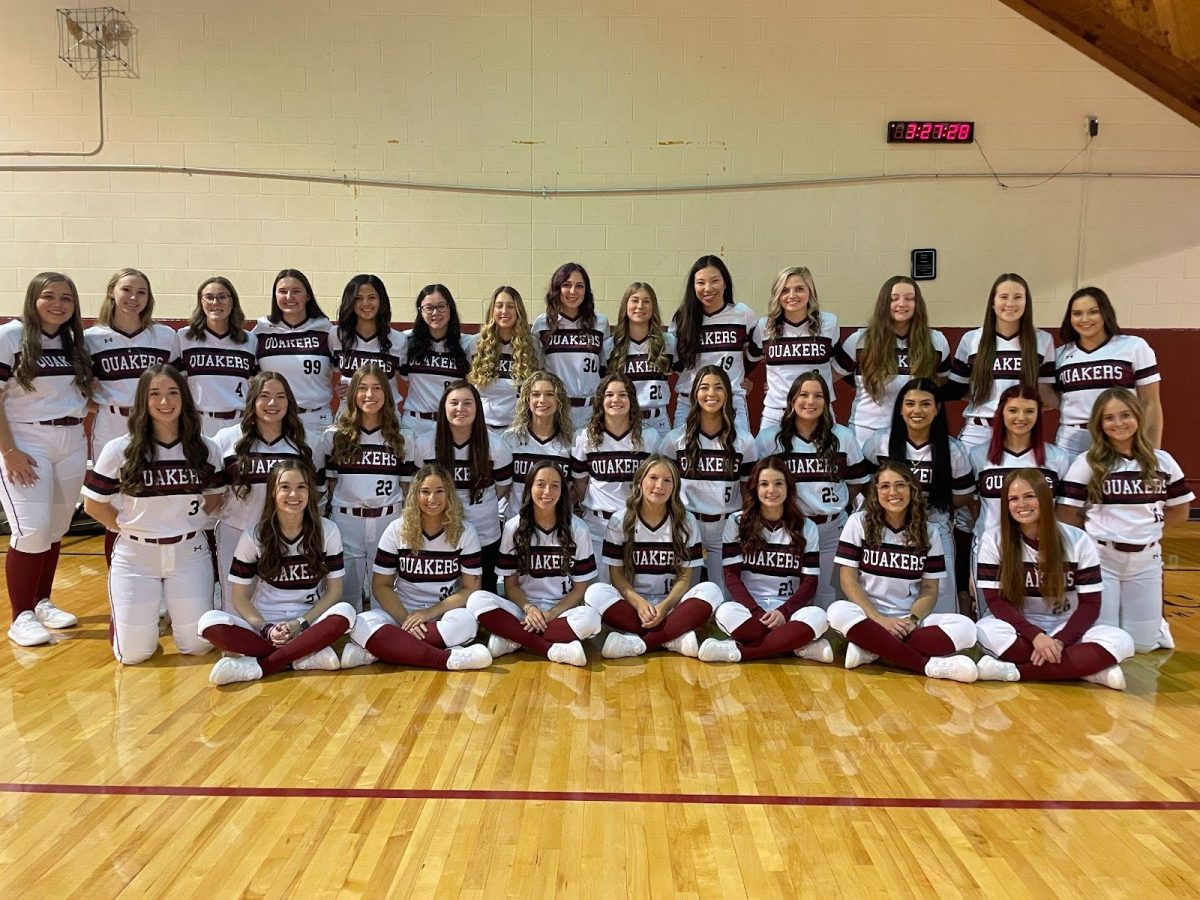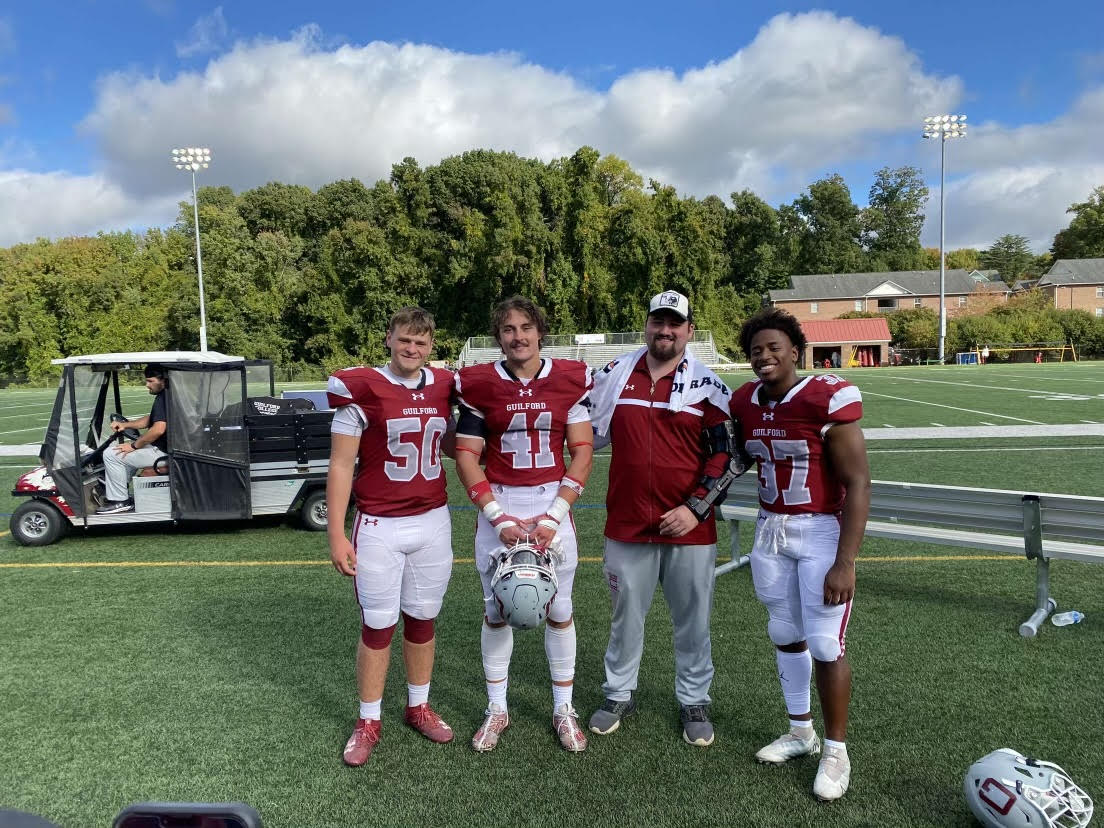What would you do if you had an injury, but needed to play in a game? Would you sit it out or would you push through the pain and play anyway?
For some, the answer might seem obvious. For others, there might be extenuating circumstances that make it nearly impossible to decide what’s “right.”
Kendall marshall faced the same question in the now-infamous case where decided to sit out after receiving surgery for a broken wrist, leading to the University of North Carolina’s devastating loss to University of Kansas, 80-67.
Marshall had to make a tough decision: play and risk further injury to his still-healing wrist, or sit out and let himself heal, and risk causing his team to lose out in the NCAA tournament.
“Without Marshall’s superior composure and court savvy, the Tar Heels were a shell of their normal selves, and his absence showed most glaringly in the closing minutes of their loss to the Kansas Jayhawks in last weekend’s Elite Eight,” according to Jimmy Grappone of the Bleacher Report after the March 25 game.
The reason behind his decision soon became clear. Just after Carolina’s loss, Marshall announced his declaration for the 2012 NBA draft.
To many, it seemed as if this player sold out his current team in the hopes of being able to use his talent — and healed body — as a tool in the future to play pro.
But, again, what would you do? If your dream was to play pro basketball and the only way to do that was to be healthy and whole, would you really risk further injuring yourself in a college-level game that is realistically just a stepping stone for your future career?
Of course, UNC’s team isn’t just any team, and the NCAA championships aren’t just any game, but the question remains.
On the other hand, there will always be injuries. This decision of choosing a potential future over team loyalty could set a precedent among other athletes, encouraging college players to sit out for injuries they could easily play on.
Jared Siglin, assistant athletic trainer at Guilford, said that he and the coaches often assess the extent of an injury before allowing a player back on the field.
“When it’s an injury that they can push through, we actually encourage that,” said Siglin.
The idea that playing through a mild injury can be good for you and can toughen you up is a valid one, as well as an old one.
“Walking it off” is an idea that came from sports and, to be honest, playing through sore muscles makes them stronger in the long run, and makes the athlete able to endure more in a game.
“…there’s two things that have to happen,” said the Tar Heels Head Coach Roy Williams to USA Today. “One, he has to feel comfortable that he’s not hurting. And then two, I have to decide: Can he be effective in the game with his situation?”
Obviously, playing through a concussion or a broken leg is extremely unadvisable. If something like that happens, the best thing to do is sit out and get some rest so that the injury doesn’t severely worsen.
But, if it’s a small injury, like a pulled muscle or a jammed finger, there generally isn’t any harm in playing through that injury.
“In my own playing career, if I felt like I wasn’t going to do further damage by playing and it just hurt, you just play,” said Tom Carmean, head men’s lacrosse coach.
In the case of Marshall, clearly he chose to sit out. Of course, there has been and will continue to be much speculation about whether or not he could have played, and whether or not that would have changed Carolina’s fate in the championships. But, all the speculation won’t change the facts: he had a broken, recently operated-upon wrist and chose to sit out in order to not injure it any further, followed closely by Carolina’s defeat two games later.
So, again, the question remains. What would you do?






